Anthony Albanese won’t be campaigning for an Indigenous voice to parliament each day
Unlike an election campaign, Australians shouldn’t expect to see the Prime Minister on the hustings each day.
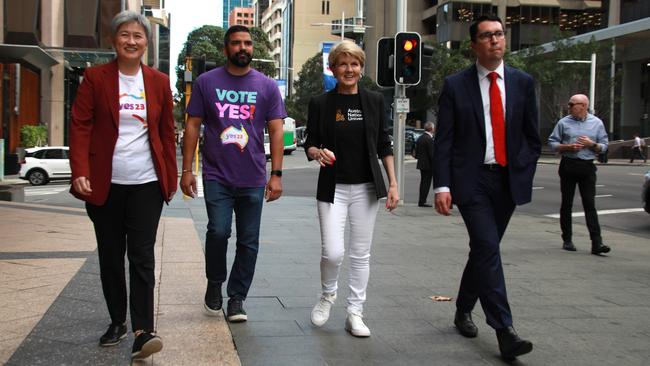
Anthony Albanese won’t campaign daily for an Indigenous Voice to Parliament, but instead appear at major referendum events in between running the country, declaring the proposal was “about just giving a bit of respect” to Indigenous people.
The Prime Minister attempted to play down the reach of the Voice by comparing it to business groups and stakeholders that provide advice to government.
Peter Dutton predicted a tight vote across the country – including in his home state of Queensland – and said Australians would be bullied into voting Yes.
A small number of cabinet ministers will join Mr Albanese at a “significant community rally” in the northern suburbs of Adelaide on Wednesday to announce the referendum date, which is expected to be October 14.
Attempting to defy No campaign accusations Labor was too focused on the Voice, government sources said Mr Albanese would be “working hard” on governing and delivering for Australians during the official campaign but would attend some major campaign events.
Ministers who hold portfolios where the gap between Indigenous and non-Indigenous Australians is starkest – such as Health Minister Mark Butler and Education Minister Jason Clare – will campaign alongside Yes23 to demonstrate “practical solutions the Voice poses”.
With federal cabinet in Perth on Monday, Foreign Minister Penny Wong was joined by former Liberal deputy leader Julie Bishop for a street walk.
The Yes campaign told The Australian that in some of the city’s suburbs 50 per cent of households were unaware of the Voice or that a referendum would take place later this year. There were also pockets of undecided voters above 40 per cent, giving Yes23 hope Western Australia, which consistently polls as a staunch No state, was still in play.
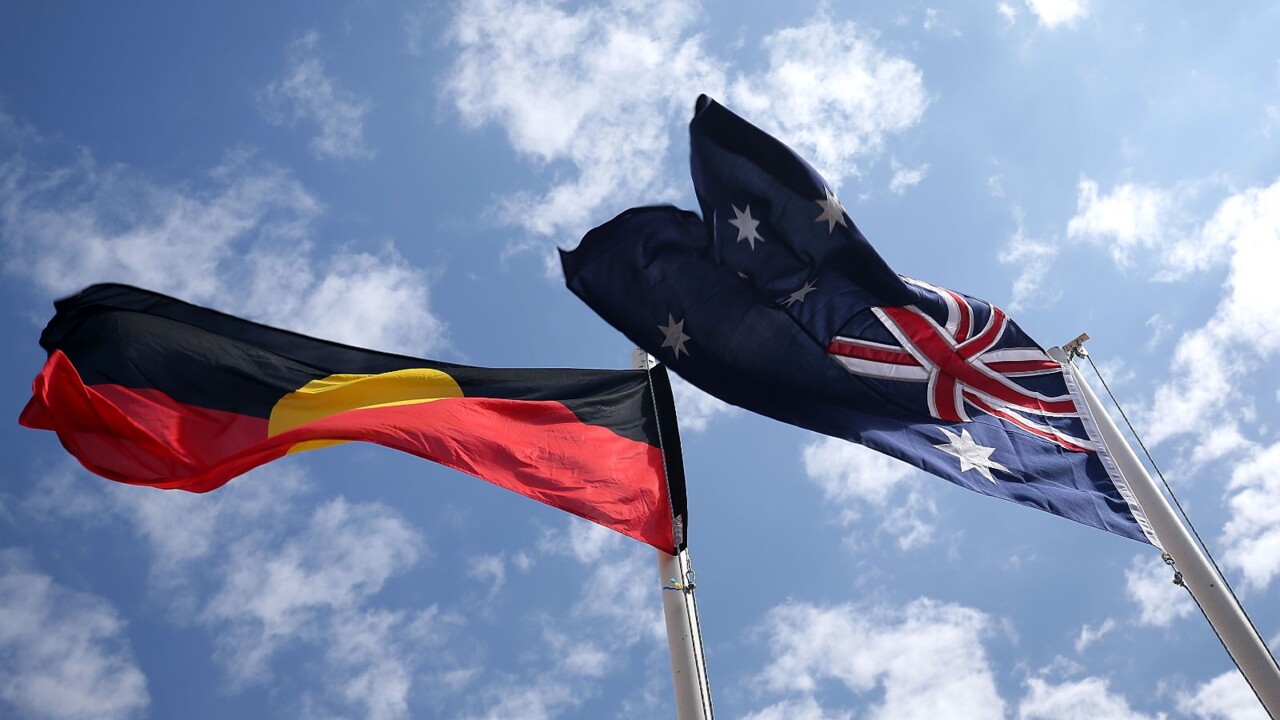
Mr Albanese said the state’s scrapped cultural heritage laws had nothing to do with the Voice and the Indigenous advisory body would not make decisions about people’s land, after opposition legal affairs spokeswoman Michaelia Cash led a campaign likening the Voice to the unpopular laws.
“All the Voice is is an advisory group, like business have groups and a lot of people give advice to government. What it will be is a structured advice group,” Mr Albanese told Perth’s Nova 97.3FM. “It will then be up to government to decide whether they agree with it or not on any issue. None of that will change.”
Earlier he told Mix 94.5FM: “Remember with the apology to the Stolen Generations? It was like ‘no, we can’t apologise because there’ll be all these consequences’. There weren’t. Marriage equality, ‘we couldn’t have marriage equality because it would ruin straight marriages and it will change everyone’s lives’. It didn’t.
“This is about just giving a bit of respect to what is 3 per cent of the population. So, an upside for them with no downside for anyone else.”
The Opposition Leader accused Mr Albanese of trying to deceive voters after The Australian revealed Yes23 was providing volunteers cheat sheets on how to redirect voters who ask why the Voice was needed now, raise concerns over the lack of detail and who believed the Voice was about “more than just recognition”.
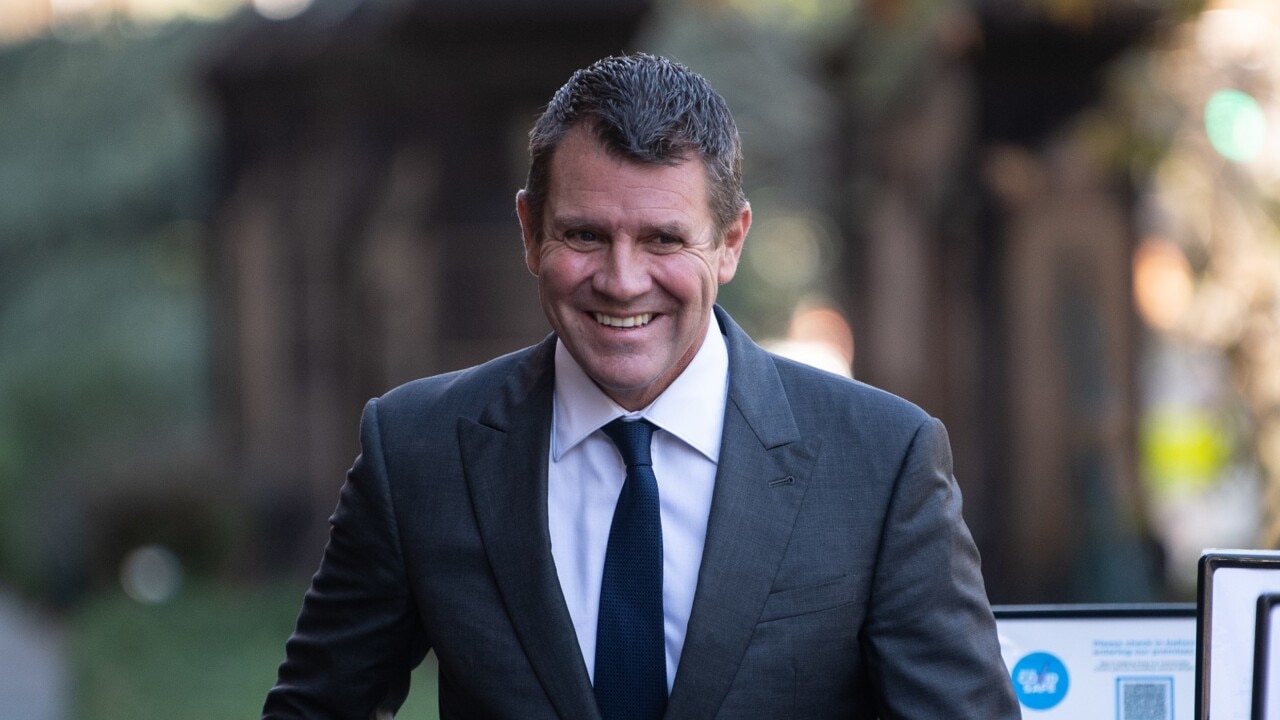
Yes23 campaigners have been given examples on how to “affirm, answer and redirect” under a plan to engage the base, persuade the maybes and ignore the opposition.
Mr Dutton conceded many Australians were still undecided though said those people were inclined to vote No “because the Prime Minister won’t give them detail”. “There’s going to be a tight vote across the country,” he said.
“The Yes campaign has $100m to spend between now and the 14th of October … People will be bombarded with ads. People will be bullied into voting Yes. If I thought it was in our country’s best interests, I’d sign up to it in a heartbeat – but it is not.”
The government and Yes campaign have fiercely disputed the No camp’s claim that Yes23 will spend $100m on the referendum.
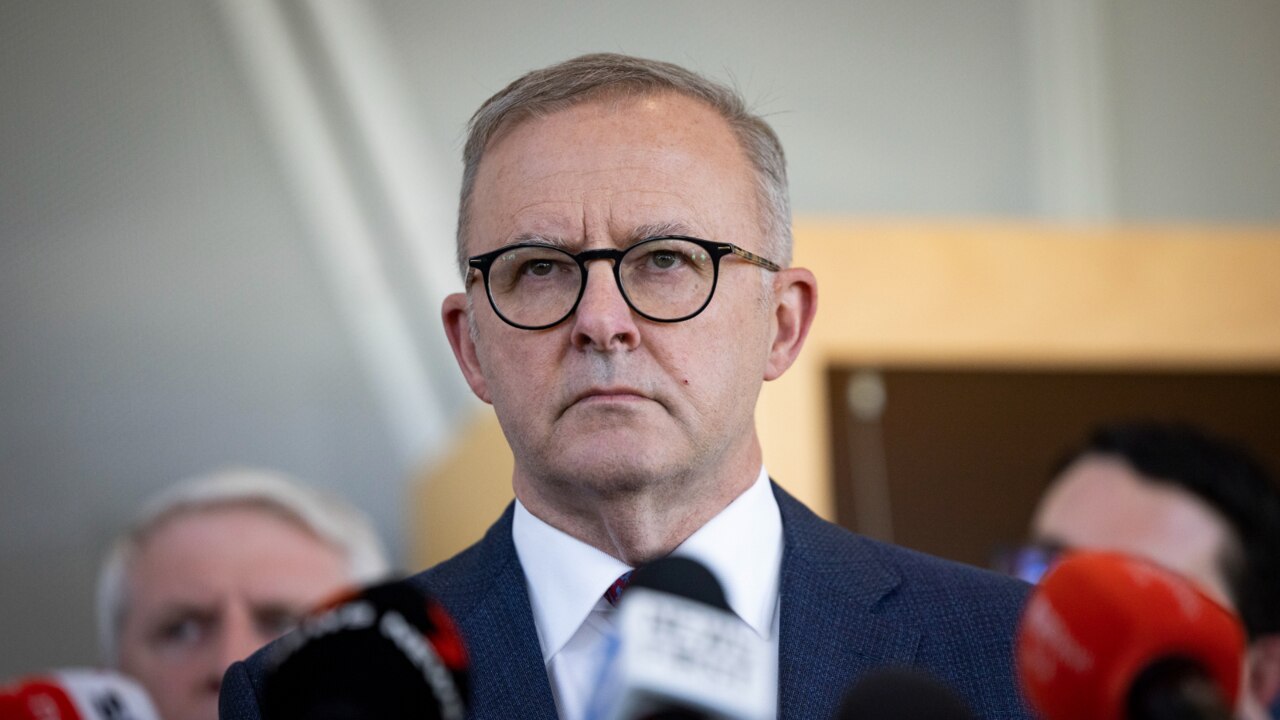
Former foreign minister Ms Bishop said a successful referendum would give Aboriginal and Torres Strait Islander people their rightful place in the Constitution, but also the “right, and the risk and the responsibility to come up with policies that will address the problems, as they see them, and get better outcomes”.
Asked how a No vote would be perceived overseas, she said: “I know that Australia’s international reputation can be affected by a No vote. I have no doubt that it would be sending a very negative message about the openness, and the empathy, and the respect and responsibility that the Australian people have for Aboriginal and Torres Strait Islanders.”

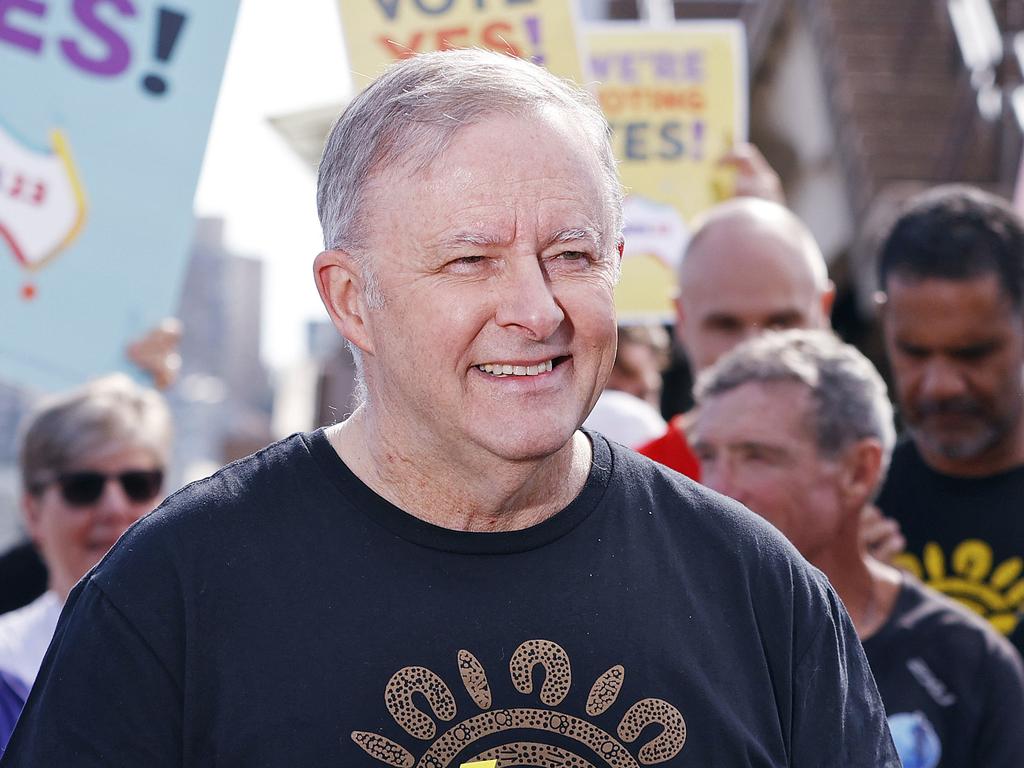

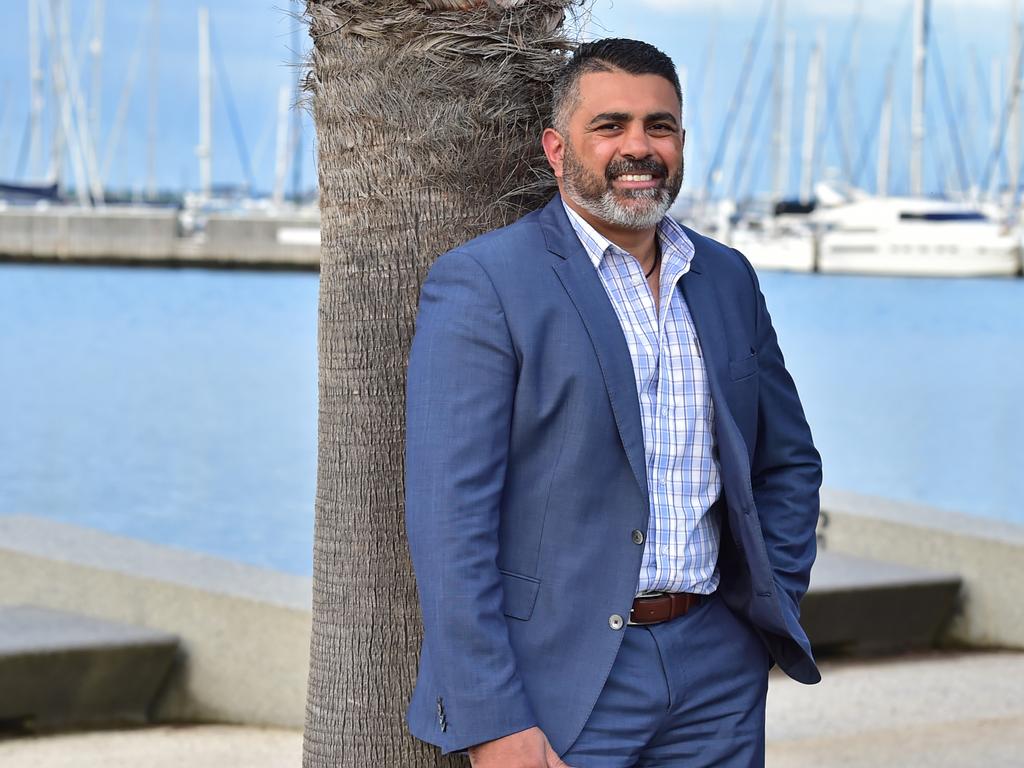

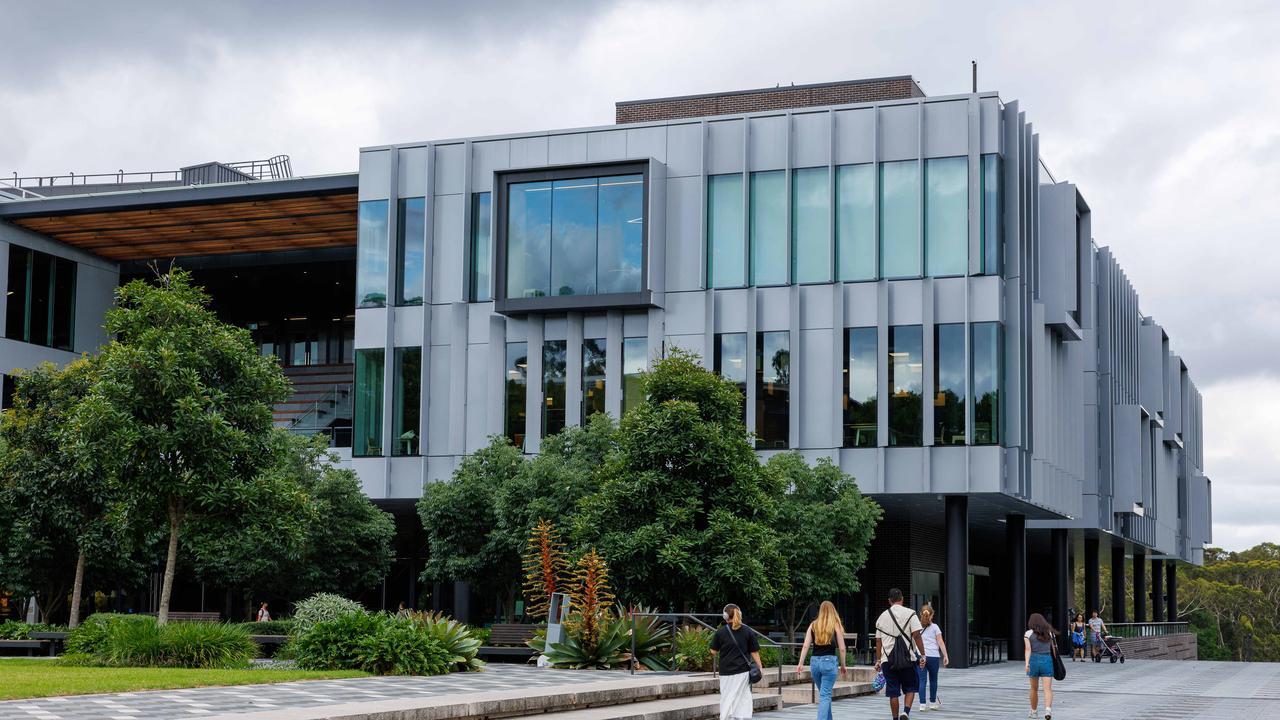

To join the conversation, please log in. Don't have an account? Register
Join the conversation, you are commenting as Logout